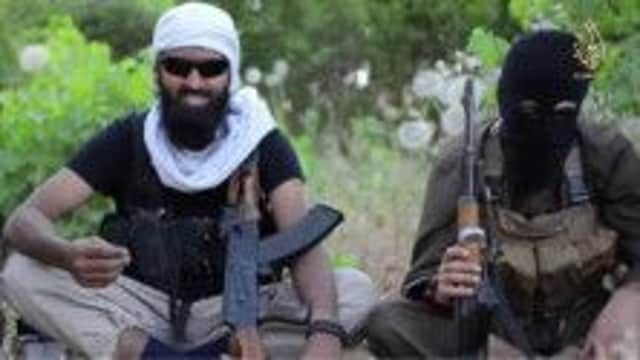Chris Marshall: Must prevent young Scots following IS


WHEN images first appeared of Abdul Raqib Amin – his face hidden behind a thick black beard and sunglasses, an AK-47 by his side – his old friends in Aberdeen were shocked.
The 25-year-old, who was schooled at the city’s St Machar Academy, came to worldwide attention when he appeared in a recruitment video for Islamic State (IS), the jihadist terror group now waging a brutal insurgency in Iraq.
Advertisement
Hide AdAdvertisement
Hide AdGone was Raqib, the boy who enjoyed football and nights out with his mates. In his place, a fundamentalist in a headscarf beseeching his “brothers in the West” to join him, assuring them the “cure” for their depression was jihad.
Bizarrely, Amin later gave an interview to ITV’s Good Morning Britain in which he spoke of missing his parents, but said the day he boarded a plane for a jihadi training camp had been one of the happiest of his life.
The reasons young, middle-class men are leaving Britain and heading for Iraq and Syria are complex and perhaps not yet fully understood. What is clear is that the problem is growing.
Last week, a masked man with an English accent appeared in a video showing the beheading of US journalist James Foley. The British ambassador said intelligence agencies were close to identifying the man amid newspaper reports suggesting he is a former London rapper raised in affluent Maida Vale.
But while the number of those taking up arms is undoubtedly greater south of the Border, the problem in Scotland is not confined to Abdul Raqib Amin.
According to Magnus Ranstorp, a former director of the centre for the study of terrorism and violence at St Andrews University, there are currently around 30 Scots fighting for IS.
Detective Chief Superintendent John Cuddihy, Police Scotland’s head of organised crime and counter-terrorism team, said it would be “foolish” to discount the fact that many foreign fighters have links to Scotland.
The police are working to identify people with links here who are fighting in Iraq and Syria, but they have a job on their hands due to the apparent ease with which many of these young men can travel to the Middle East.
Advertisement
Hide AdAdvertisement
Hide AdPerhaps a bigger problem is working out how to stop them from returning home and carrying out a terrorist attack in their homeland.
The Australian government, which estimates there to be around 60 Australian nationals in Iraq and Syria, has just announced it will spend around £350 million on community engagement programmes in a bid to stop its young being radicalised.
Similar measures may be needed here if we are to stop many more of our young men following in the footsteps of Abdul Raqib Amin.